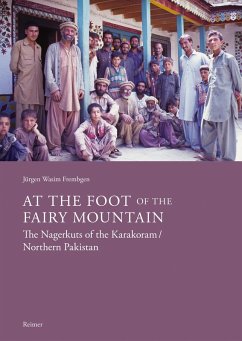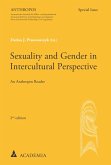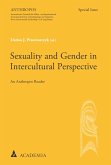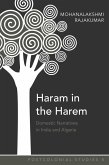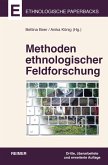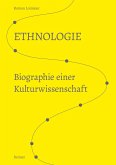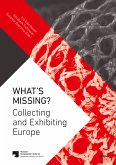Till 1972, Nager was one of the last sacral kingdoms of the world. Its inhabitants proudly call their native area 'the land of gold and apricots'. The present ethno-historic study seeks to reconstruct the past with special emphasis on oral traditions about processes of settlement. It also examines facets of local culture, such as agrarian feasts, aspects of indigenous pre-modern religion, Twelver-Shi¿a Islam, lifecycle rites and local cuisine. Grounded in long-term fieldwork, Jürgen Wasim Frembgen, a renowned anthropologist, Islamic scholar and writer, investigates the myths, traditions and folklife of the Nagerkuts living at the foot of the 'fairy mountain' Rakaposhi in the Karakoram (Northern Pakistan). According to the indigenous world-view, fairies are thought to reside on this majestic mountain.
Dieser Download kann aus rechtlichen Gründen nur mit Rechnungsadresse in A, B, BG, CY, CZ, D, DK, EW, E, FIN, F, GR, HR, H, IRL, I, LT, L, LR, M, NL, PL, P, R, S, SLO, SK ausgeliefert werden.

